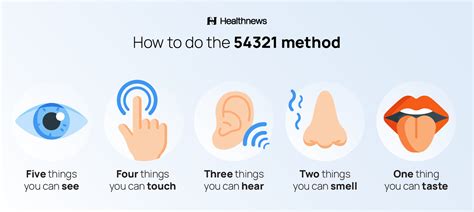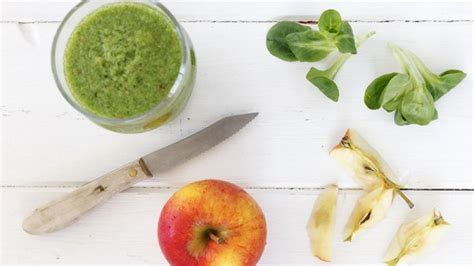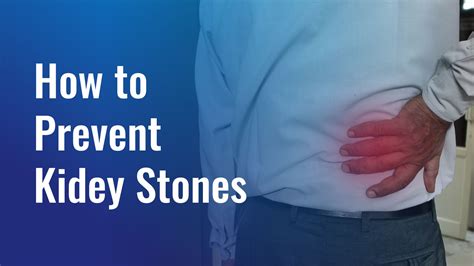Intro
Discover 5 effective ways to remove kidney stones, including natural remedies, dietary changes, and medical treatments, to alleviate pain and prevent recurrence, using kidney stone removal methods and home remedies.
Kidney stones are a common health issue that affects millions of people worldwide. These small, hard mineral deposits can cause severe pain, nausea, and vomiting, and if left untreated, can lead to more serious complications. Fortunately, there are several ways to remove kidney stones, and the best approach often depends on the size, location, and type of stone. In this article, we will explore five ways to remove kidney stones, including medical procedures, lifestyle changes, and natural remedies.
The importance of seeking medical attention for kidney stones cannot be overstated. If you are experiencing symptoms such as severe pain, difficulty urinating, or blood in your urine, it is essential to consult a doctor as soon as possible. A healthcare professional can diagnose the presence of kidney stones using imaging tests such as X-rays, CT scans, or ultrasounds, and recommend the best course of treatment. In some cases, kidney stones may pass on their own without medical intervention, but in other cases, medical attention may be necessary to prevent complications.
Kidney stones can be caused by a variety of factors, including dehydration, diet, and certain medical conditions. People who are at risk of developing kidney stones include those who have a family history of the condition, are overweight or obese, or have certain medical conditions such as gout or inflammatory bowel disease. By understanding the causes and risk factors of kidney stones, individuals can take steps to prevent their formation and reduce their risk of developing this painful condition.
Medical Procedures for Kidney Stone Removal

Shockwave Lithotripsy
Shockwave lithotripsy is a common medical procedure used to treat kidney stones. This procedure uses high-energy shockwaves to break up kidney stones into small pieces that can be easily passed out of the body. The procedure is typically performed under general anesthesia and can take about an hour to complete. The advantages of shockwave lithotripsy include its non-invasive nature, minimal recovery time, and high success rate. However, the procedure may not be effective for larger kidney stones, and may require multiple sessions to completely break up the stone.Ureteroscopy
Ureteroscopy is a minimally invasive procedure that involves inserting a small scope through the urethra and into the bladder to remove kidney stones. The procedure is typically performed under general anesthesia and can take about 30 minutes to an hour to complete. The advantages of ureteroscopy include its minimally invasive nature, short recovery time, and high success rate. However, the procedure may not be effective for larger kidney stones, and may require a stent to be placed in the ureter to help the stone pass.Lifestyle Changes for Kidney Stone Prevention

Dietary Changes
Dietary changes can play a crucial role in preventing kidney stones. A diet that is high in salt, sugar, and animal protein can increase the risk of kidney stone formation, while a diet that is low in these substances can help to reduce the risk. Some of the best foods for preventing kidney stones include citrus fruits, berries, and leafy green vegetables. These foods are high in citrate, a substance that can help to prevent kidney stone formation.Staying Hydrated
Staying hydrated is essential for preventing kidney stones. Drinking plenty of water can help to flush out minerals and salts that can contribute to stone formation, and can also help to reduce the concentration of urine. The amount of water that an individual needs to drink to stay hydrated can vary depending on their age, sex, and activity level, but a general rule of thumb is to drink at least eight glasses of water per day.Natural Remedies for Kidney Stone Relief

Lemon Juice
Drinking lemon juice can help to increase the amount of citrate in the urine, which can help to prevent kidney stone formation. Citrate is a substance that can help to prevent the formation of calcium oxalate stones, which are the most common type of kidney stone. To use lemon juice as a natural remedy for kidney stones, simply mix the juice of one lemon with water and drink it several times per day.Magnesium Supplements
Taking magnesium supplements can also help to reduce the risk of kidney stone formation. Magnesium can help to prevent the formation of calcium oxalate stones, which are the most common type of kidney stone. To use magnesium supplements as a natural remedy for kidney stones, simply take a magnesium supplement according to the instructions on the label.Home Remedies for Kidney Stone Relief

Heat or Cold Therapy
Using heat or cold therapy can help to relieve pain and discomfort associated with kidney stones. Applying heat to the affected area can help to relax the muscles and increase blood flow, while applying cold can help to reduce inflammation and numb the area. To use heat or cold therapy as a home remedy for kidney stones, simply apply a warm or cold compress to the affected area for several minutes at a time.Over-the-Counter Pain Medication
Taking over-the-counter pain medication can also help to reduce pain and inflammation associated with kidney stones. Pain medication such as ibuprofen or acetaminophen can help to relieve pain and discomfort, while also reducing inflammation and swelling. To use over-the-counter pain medication as a home remedy for kidney stones, simply take the medication according to the instructions on the label.Preventing Kidney Stones from Forming

Reducing Salt Intake
Reducing salt intake is an important part of preventing kidney stones. A diet that is high in salt can increase the risk of kidney stone formation, as salt can increase the amount of calcium in the urine. To reduce salt intake, individuals can try to limit their consumption of processed and packaged foods, which are often high in salt. They can also try to use herbs and spices to add flavor to their food instead of salt.Increasing Citrate Intake
Increasing citrate intake is also an important part of preventing kidney stones. Citrate is a substance that can help to prevent the formation of calcium oxalate stones, which are the most common type of kidney stone. To increase citrate intake, individuals can try to eat more citrus fruits, such as oranges and lemons, and drink more lemon juice.What are the symptoms of kidney stones?
+The symptoms of kidney stones can include severe pain, nausea, vomiting, and difficulty urinating. In some cases, kidney stones may not cause any symptoms at all, and may only be detected during a routine medical exam.
How can I prevent kidney stones from forming?
+There are several steps that individuals can take to reduce their risk of developing kidney stones, including staying hydrated, eating a healthy diet, and maintaining a healthy weight. Staying hydrated is essential for preventing kidney stones, as it helps to flush out minerals and salts that can contribute to stone formation.
What are the different types of kidney stones?
+There are several different types of kidney stones, including calcium oxalate stones, uric acid stones, and cystine stones. Calcium oxalate stones are the most common type of kidney stone, and are often caused by a combination of genetic and environmental factors.
In final thoughts, kidney stones are a common health issue that can cause severe pain and discomfort. However, there are several ways to remove kidney stones, including medical procedures, lifestyle changes, and natural remedies. By understanding the causes and risk factors of kidney stones, individuals can take steps to prevent their formation and reduce their risk of developing this painful condition. If you are experiencing symptoms of kidney stones, it is essential to consult a doctor as soon as possible to determine the best course of treatment. We encourage you to share this article with others who may be experiencing kidney stone symptoms, and to comment below with any questions or concerns you may have.
